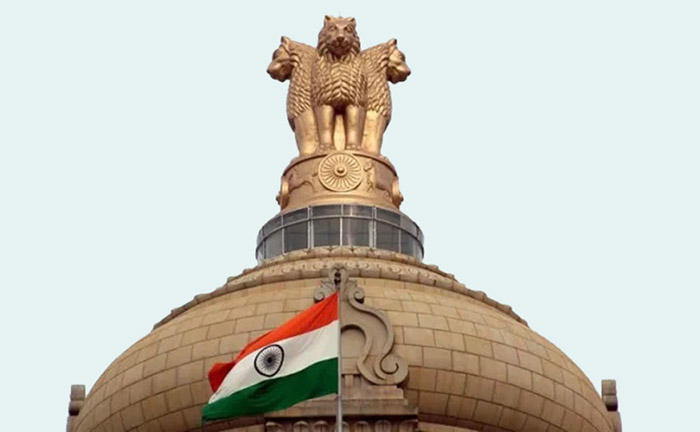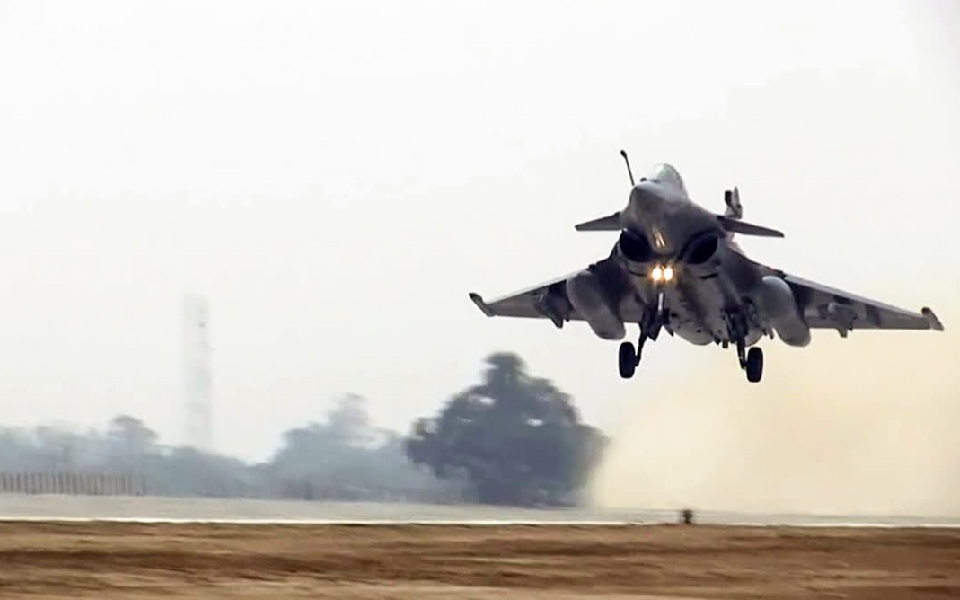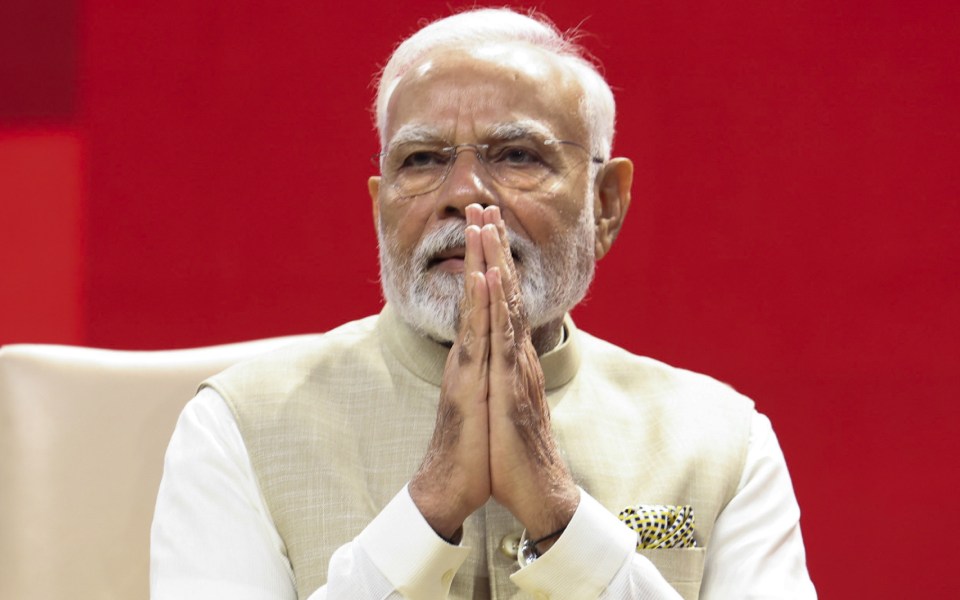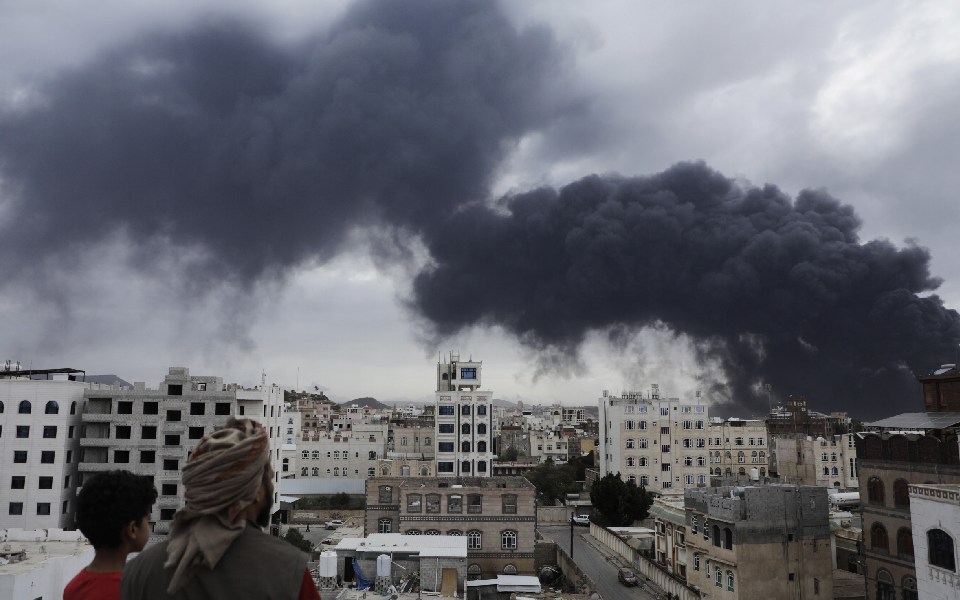New Delhi, Oct 30: The Karnataka government has told the Supreme Court that it would "scrupulously" follow the orders to be passed on a PIL seeking a direction to the Centre and states to "identify, detain and deport" illegal migrants including Bangladeshis and Rohingyas from the country.
A few days ago, the Karnataka government had told the apex court that it has no immediate plan to deport 72 Rohingyas, living in Bengaluru, and had sought dismissal of the PIL field by BJP leader and lawyer Ashwini Upadhyay on the issue.
Vanaja K N , the Under Secretary of the Home Department of Karnataka, has filed the fresh affidavit saying, "I humbly state that the Karnataka state police have not housed Rohingyas in any camp or detention centre within its jurisdiction."
"However, 126 Rohingyas have been identified in Karnataka state... this respondent undertakes that whatever order would be passed by this hon'ble court will be scrupulously adhered and followed in letter and spirit," the affidavit said.
Upadhyay, in his PIL, has sought directions to the Centre and the states to identify, detain and deport all the illegal migrants and infiltrators including Bangladeshis and Rohingyas.
The plea has sought a direction to the Centre and the states to "amend respective laws to make illegal immigration and infiltration a cognizable, non-bailable and con-compoundable offence".
"The large-scale illegal migrants, particularly from Myanmar and Bangladesh, have not only threatened the demographic structure of bordering districts but seriously impaired security and national integration," the plea said.
Upadhyay's plea alleged there was an organised influx of illegal migrants from Myanmar through agents and touts via West Bengal, Tripura, and Guwahati.
"This situation is seriously harming the national security of the country," the plea said.
Earlier, the apex court, on April 8, had made it clear that Rohingyas, who have been detained in Jammu, shall not be deported to Myanmar unless the procedure prescribed for such deportation is followed by the authorities.
The bench had said it is true that rights guaranteed under Articles 14 and 21 of the Constitution are available to all the persons who may or may not be citizens but the right not to be deported, is "ancillary or concomitant" to the right to reside or settle in any part of India.
While Article 14 deals with equality before law, Article 21 deals with protection of life and personal liberty.
The order was passed on an application seeking release of detained Rohingya refugees and also a direction to the Centre not to deport those who have been detained in the sub-jail in Jammu.
The Centre had earlier opposed the plea saying the country cannot be the "capital" for illegal immigrants.
Violent attacks allegedly by Myanmar army have led to an exodus of Rohingya tribals from the western Rakhine state in that country to India and Bangladesh.
Many of them, who had fled to India after the earlier spate of violence, have settled in Jammu, Hyderabad, Haryana, Uttar Pradesh, Delhi-NCR and Rajasthan.
Let the Truth be known. If you read VB and like VB, please be a VB Supporter and Help us deliver the Truth to one and all.
New Delhi, May 6 (PTI): The Indian Air Force will carry out a two-day mega military exercise along the border with Pakistan from Wednesday that will involve all the frontline fighter jets including Rafale, Su-30 and Jaguar aircraft, sources in the defence establishment said on Tuesday.
The exercise is taking place amid heightened tensions between India and Pakistan over the April 22 Pahalgam terror attack that killed 26 people.
India's civil aviation authorities have already issued a Notice to Airmen (NOTAM) for the major air exercise that will largely take place along the southern and western section of the Indo-Pakistan border.
India's frontline fighter jets including the Rafale, Su-30 MKI, MiG-29, Mirage-2000, Tejas and AWACS (Airborne Warning and Control System) aircraft are set to feature in the exercise, the sources said.
In the course of the exercise, the IAF will simulate enemy targets on ground and in the air with deadly precision, they said.
The militaries of both India and Pakistan are on a high alert following rising tensions between the two nations.
Soon after the Pahalgam terror attack, India, citing "cross-border linkages" to the strike, promised severe punishment to those involved in it.
In a high-level meeting with the top defence brass on April 29, Prime Minister Narendra Modi said the armed forces have "complete operational freedom" to decide on the mode, targets and timing of India's response to the terror attack.
Air Chief Marshal A P Singh met Prime Minister Modi on Sunday and the Chief of Air Staff briefed him about the IAF's operational readiness.
On Saturday, Navy Chief Admiral Dinesh K Tripathi apprised the prime minister on the overall situation in the critical sea lanes in the Arabian Sea.





